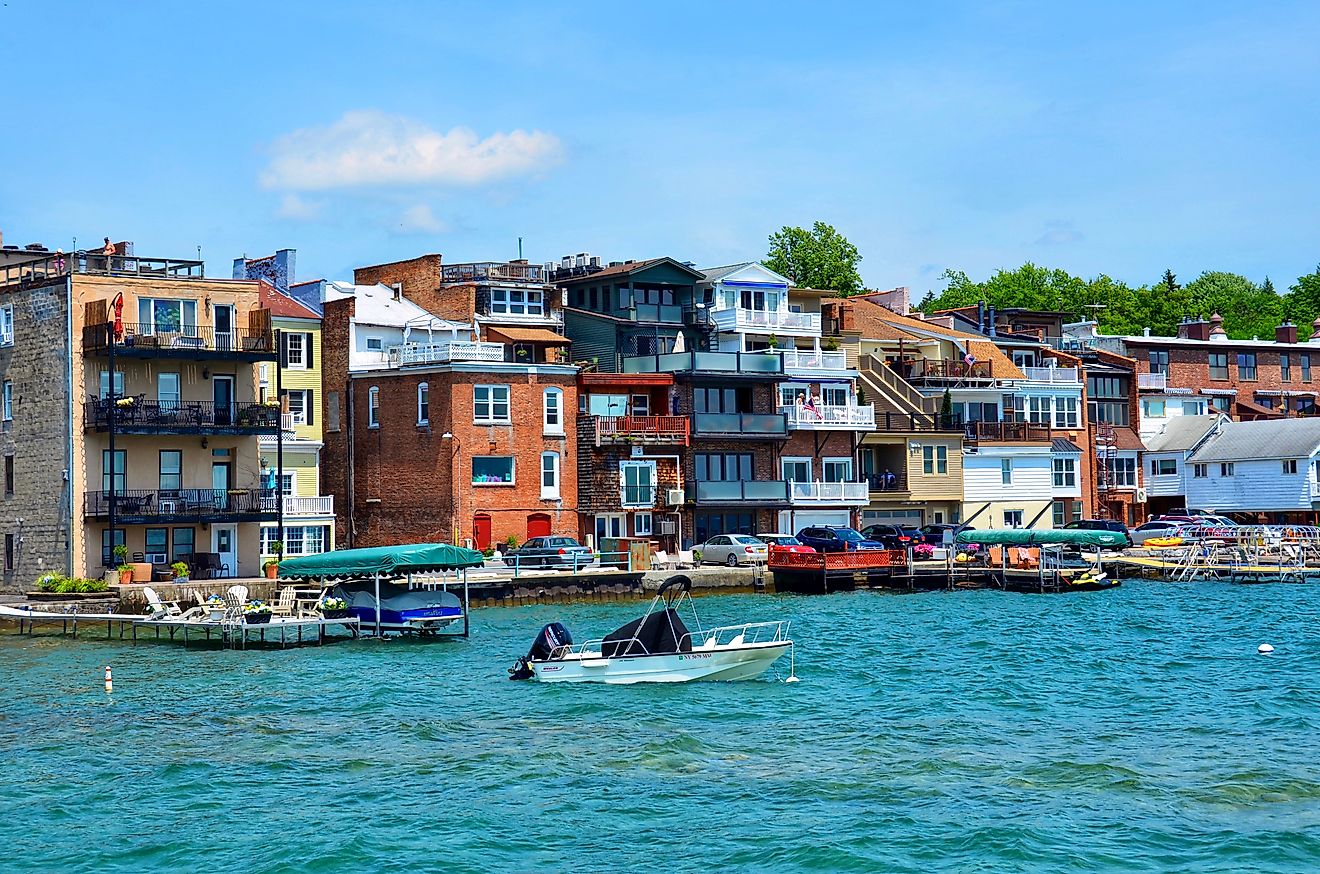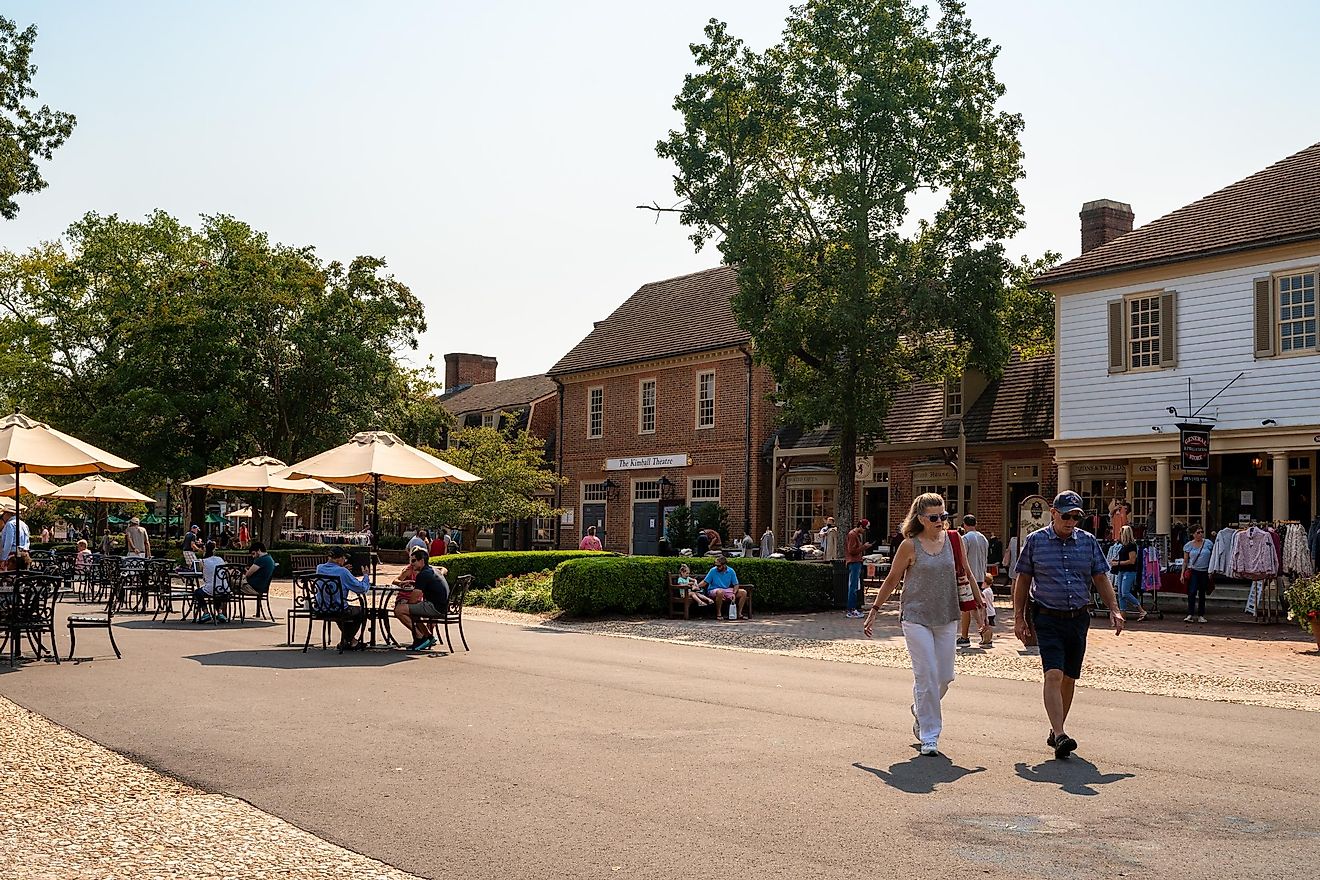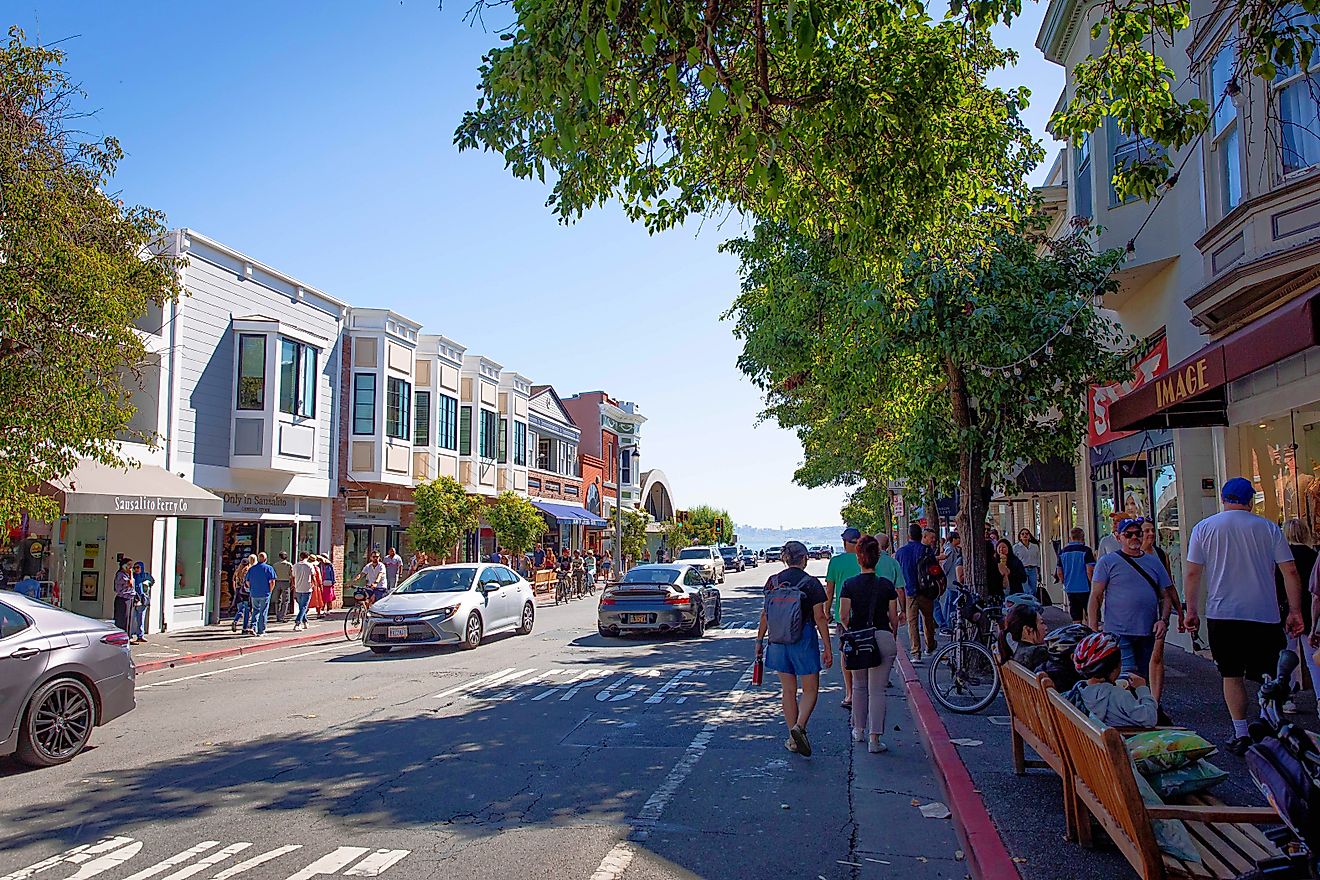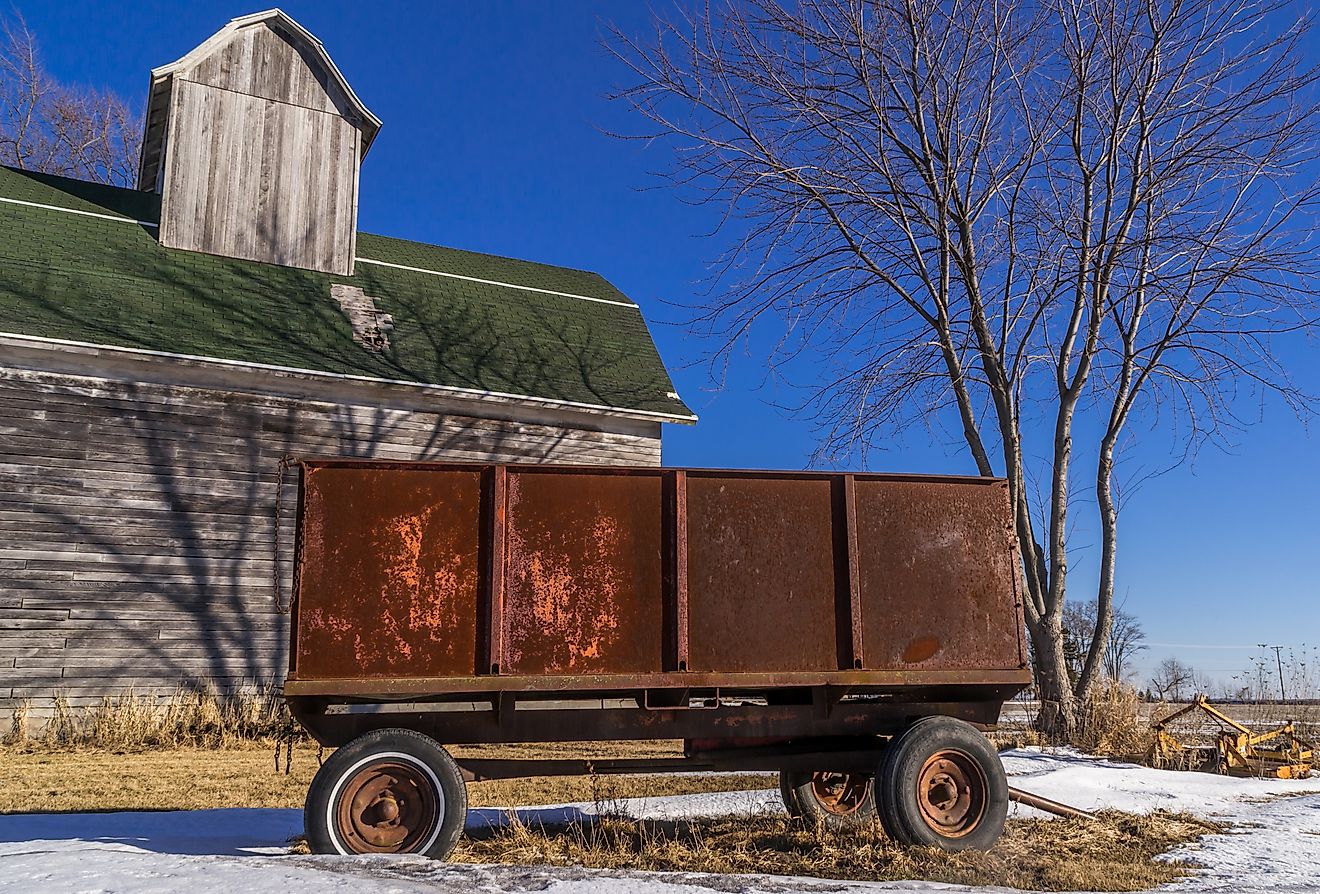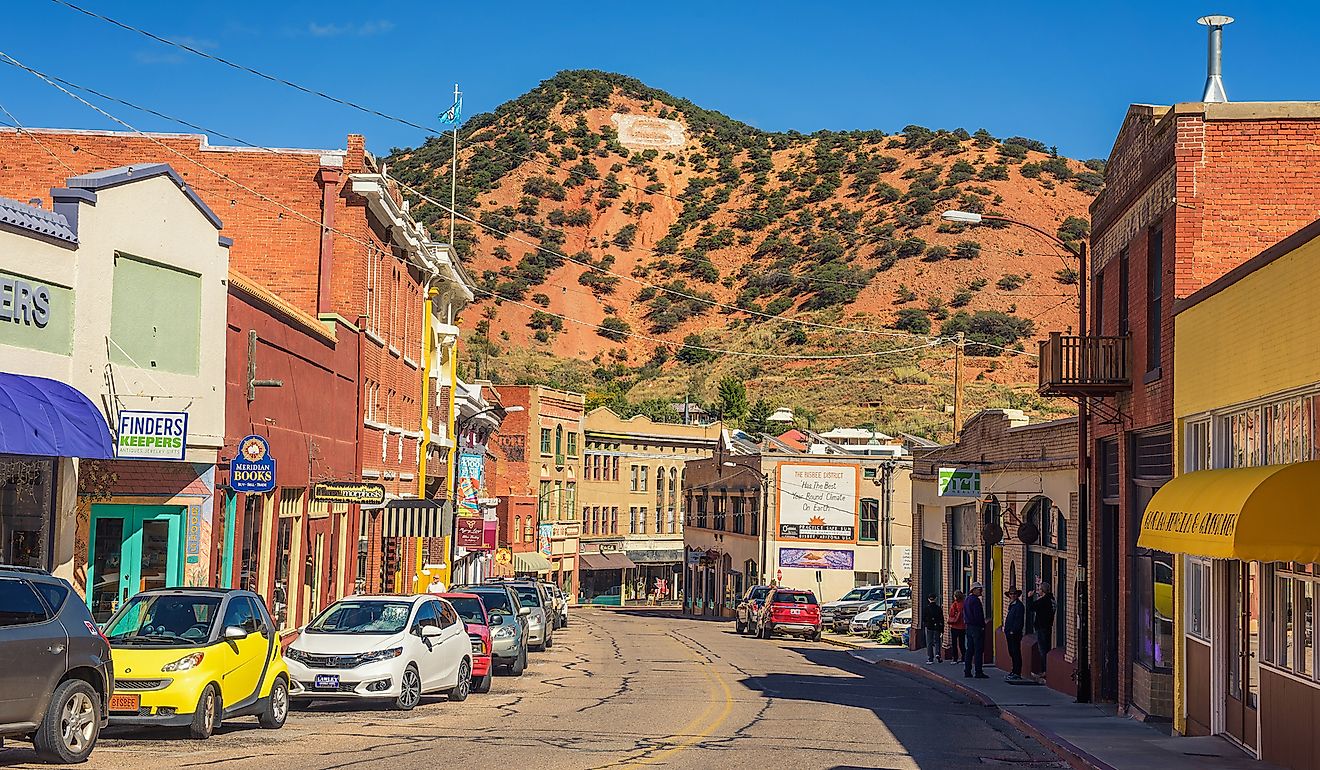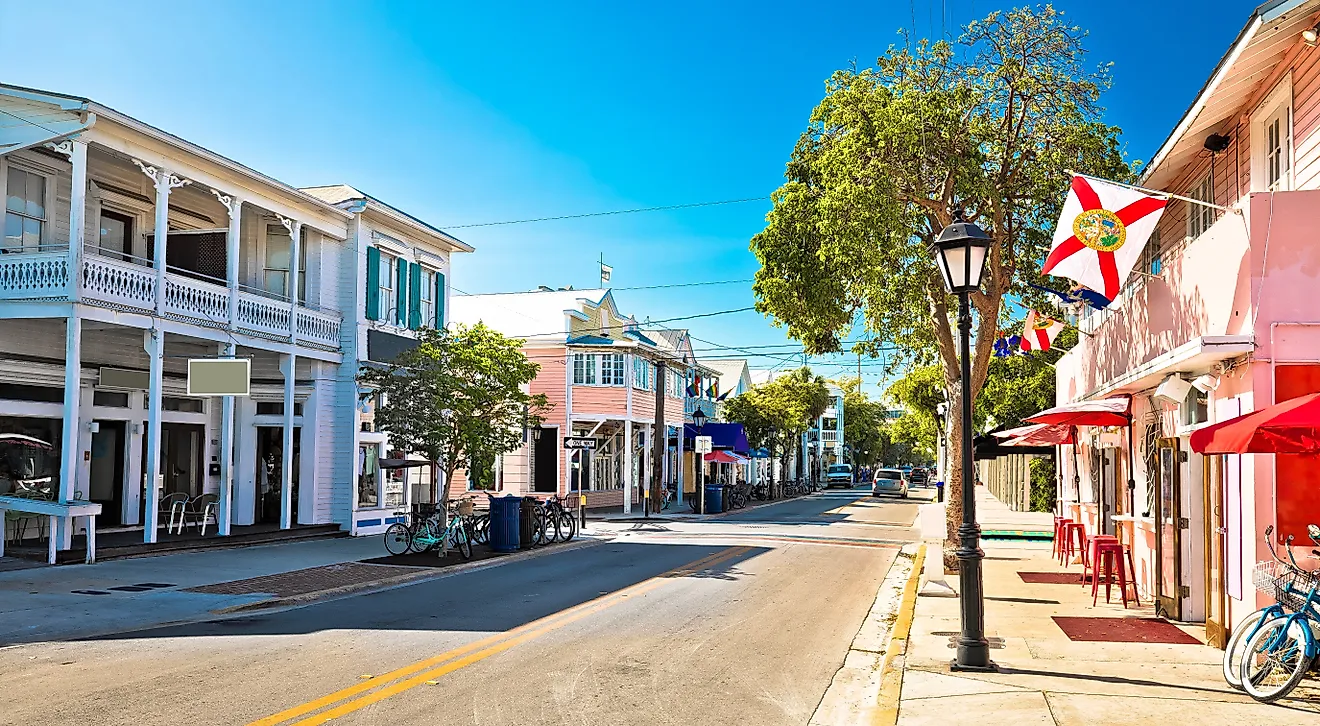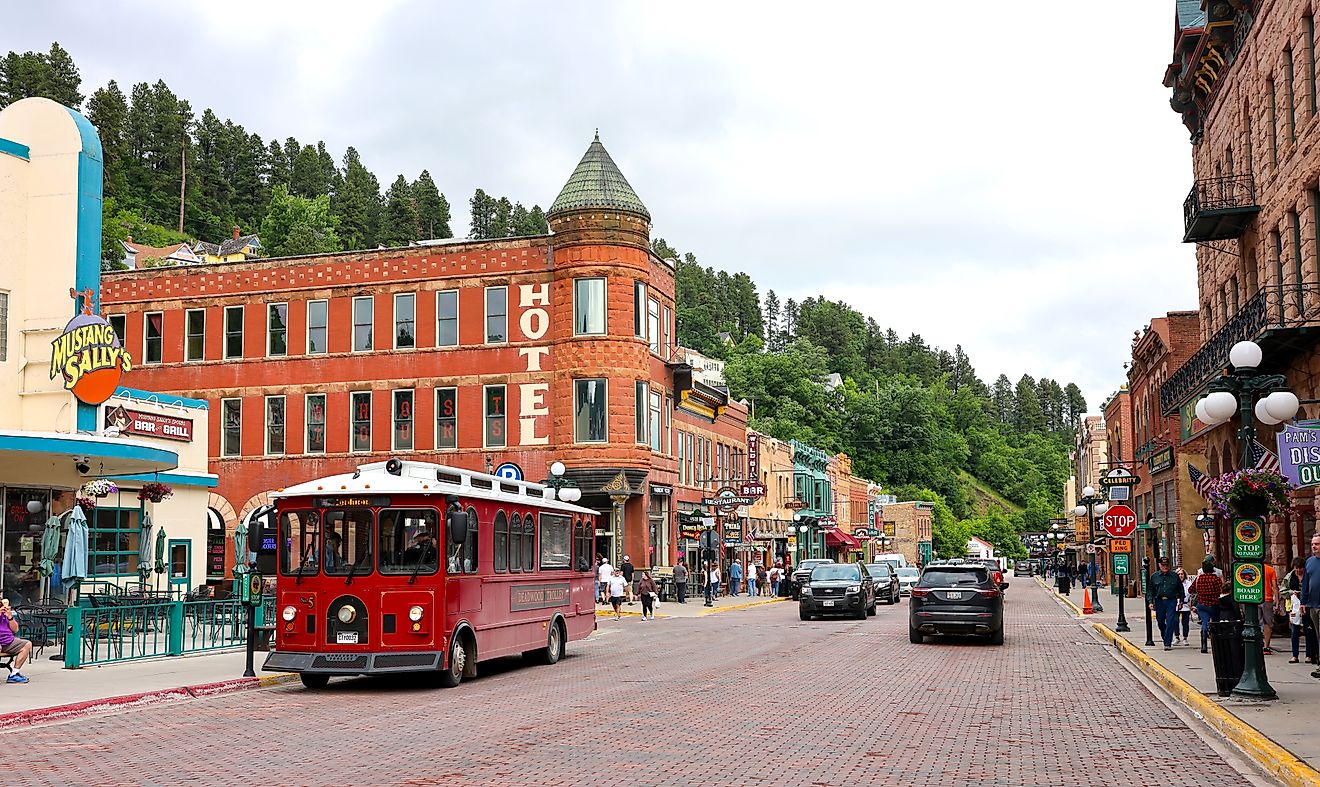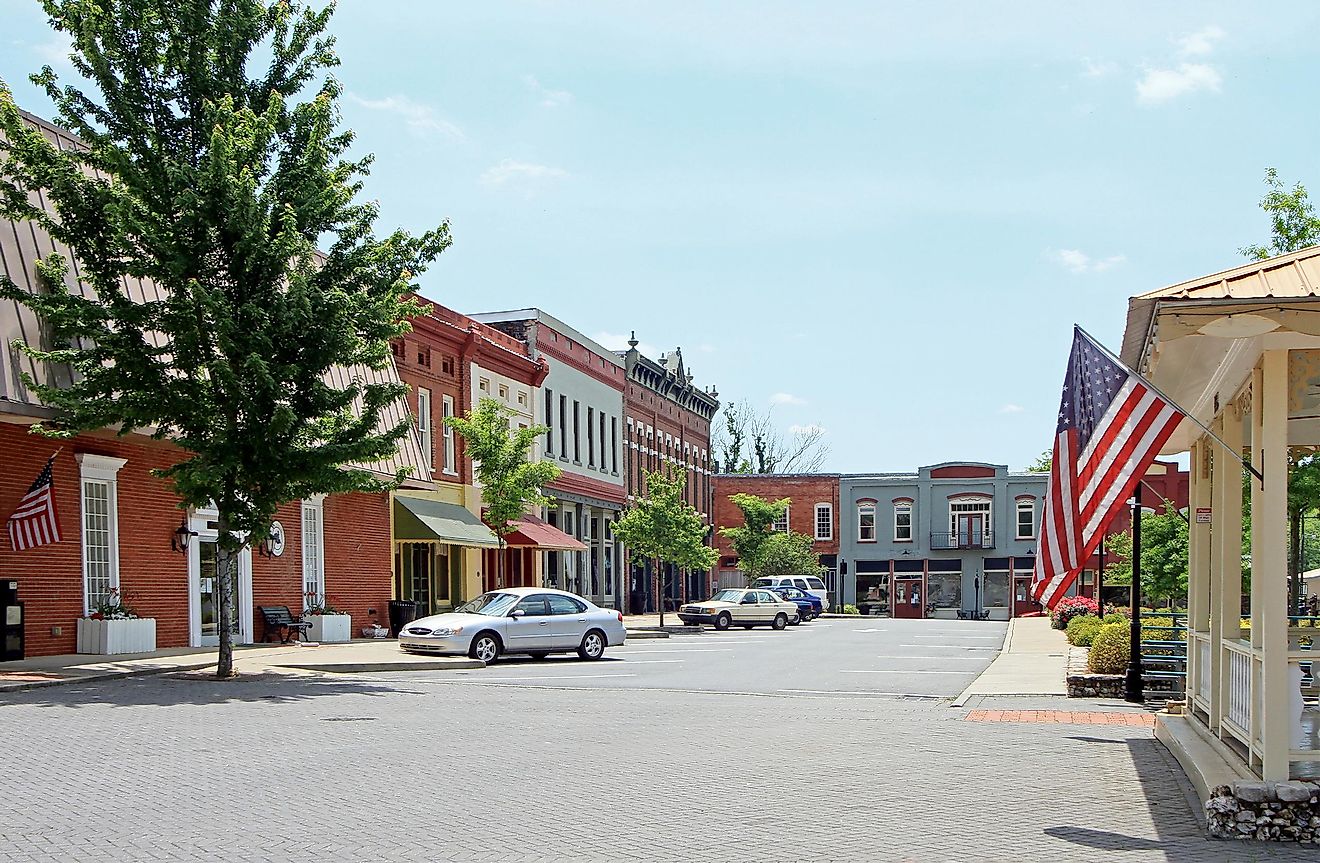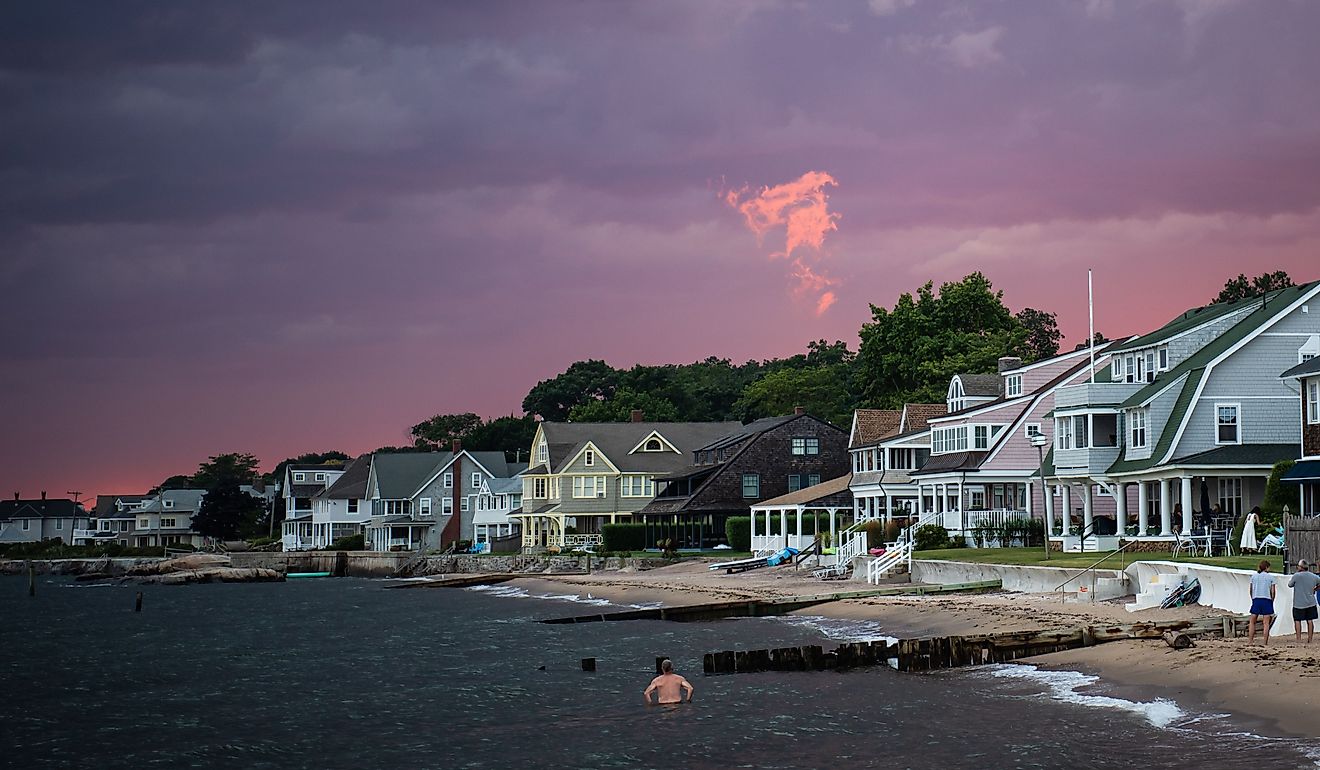
Greenwood, Mississippi
Greenwood is a city and seat of Leflore County situated in the northwestern part of the US State of Mississippi. The city of Greenwood served as a center of cotton planter culture in the 19th century. It was also a site of major protests and conflicts throughout the 1960s as African Americans worked to achieve racial integration, voter registration, and access during the civil rights movement.
Geography Of Greenwood

At an elevation of 40 m above sea level, Greenwood lies along the Yazoo River, at the eastern edge of the Mississippi Delta region. The city is located about 154 km north of Jackson, the capital of the state of Mississippi, and 209 km south of the riverport of Memphis, Tennessee. According to the United States Census Bureau, Greenwood spans an area of 24.78 sq. km, of which 24 sq. km is occupied by land, and 0.78 sq. km is occupied by water.
The Population Of Greenwood
In 2020, the city of Greenwood was home to a population of 12,964 with a median age of 34 and a density of 424 people per sq. km. The city's population has decreased by -14.86% since the most recent census, which recorded a population of 15,205 people in 2010. The majority of people in Greenwood are Black or African Americans. In fact, there were 2.92 times more Black or African American residents in the city than any other race or ethnicity in 2019. The largest ethnic groups in the city are Black or African Americans representing 73.1% of the city’s population, followed by White, most of whom are non-Hispanic, at 25.52%. The minor ethnic groups in Greenwood are Asians at 0.76%, Hispanic White at 0.46%, and others at 0.19%.
The Economy Of Greenwood
The median household income in Greenwood is $26,965, which is less than the median annual income of $65,712 across the entire United States. Although the employment in Greenwood grew at a rate of 0.796% between 2018 and 2019, the city is currently experiencing a declining rate of -1.56% annually. The economy of Greenwood employs around 4,800 people in different industries. The largest industries in the city are Manufacturing, Health Care & Social Assistance, and Retail Trade. The highest paying ones are Administrative & Support & Waste Management, Wholesale Trade, and Finance & Insurance.
Brief History Of Greenwood

The flood plain of the Mississippi River has always been rich in resources necessary for different vegetation and wildlife. The Choctaw and Chickasaw Indian nations settled in the Delta’s marsh and swampland long before Europeans migrated to America. In 1830, Greenwood Leflore, the Choctaw Chief, signed the treaty of Dancing Rabbit Creek, opening the swampland to European settlers. In the same year, John Williams built a trading post on the banks of the Yazoo River. It was known as Williams Landing and quickly blossomed. In 1844, the settlement was incorporated as Greenwood, named after the Choctaw chief Greenwood Leflore. The city had a strategic location in the heart of the Delta, helping it become a strong cotton market. It prospered as a shipping point to New Orleans, Memphis, and St. Louis, Missouri, until the latter part of the Civil War.

However, the city’s thriving economy did not last long. The cotton industry was severely diminished towards the end of the civil war and the following years of reconstruction. The city’s economy was crippled and saw very little growth during these years. In the 1880s, the arrival of railroads saved the city with two lines running to downtown Greenwood, close to the Yazoo River. Once again, Greenwood was a prime shipping point for cotton. The city continued to prosper well into the 1940s as the Downtown Front Street bustled with cotton factors and other related businesses. Between 1962 and 1964, Greenwood was a center of protests and voter registration struggles during the Civil Rights Movement. Organizations like the Council of Federated Organizations (COFO), Student Nonviolent Coordinating Committee (SNCC), and the Mississippi Freedom Democratic Party (MFDP) were all active in the city. During the protests, hundreds were arrested, blacks were denied the right to vote, civil rights activists were subjected to repeated violence, and economic retaliation was used against African Americans who attempted to register to vote.
Tourist Attractions In Greenwood
Sightseeing opportunities in Greenwood are plentiful and diverse. Tourist attractions include historical places, museums and art galleries, National and State Parks, amusement parks, sporting events, and festivals.
Visitors go to the Museum of the Mississippi Delta. The museum was formerly known as the Cottonlandia Museum. It offers a glimpse into the intricate past of the city. The museum introduces the history of Greenwood, starting with the Native Americans that lived in the area, and displays artifacts and furniture which was once belonged to Chief Greenwood LeFlore. Visitors also get to see an immense selection of agricultural relics such as plows and blacksmith tools, and other military artifacts from the Civil War.

